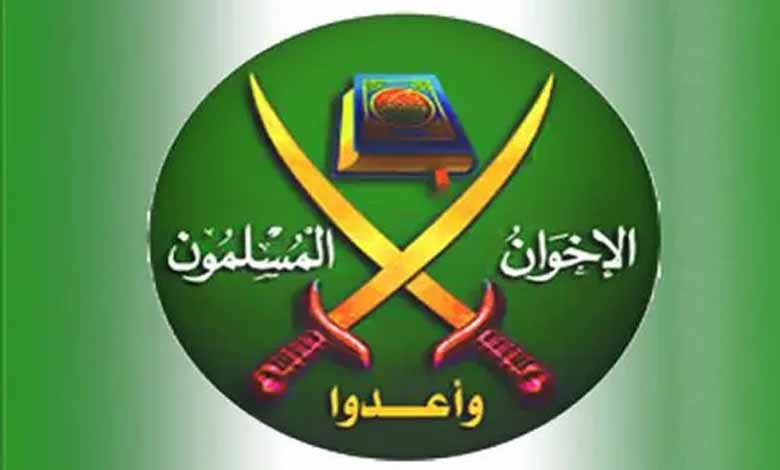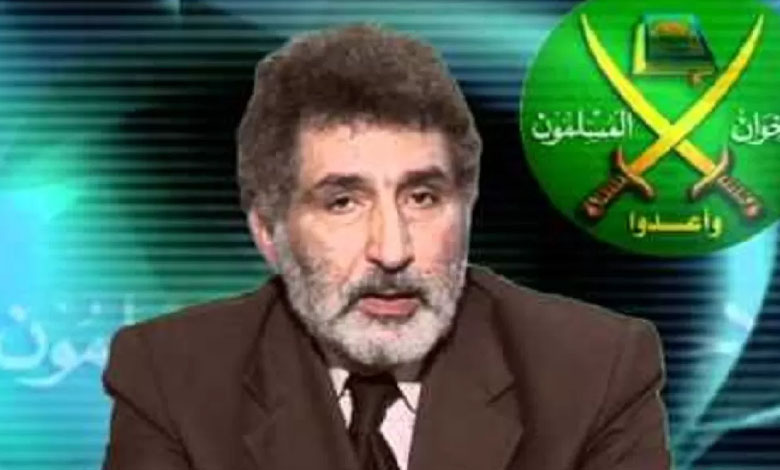Divisions, Crashes and Failures: Experts Reveal the Future of the Brotherhood Following the Appointment of Salah Abdulhaq

The terrorist Muslim Brotherhood faces a major struggle and challenge at home, officially beginning in 2016, and the schisms within the extremist group have multiplied by the day.
“The split officially began in December 2021, with the Istanbul Front being announced as the group’s Supreme Guide for six months (though differences had surfaced months earlier), but a classified document later revealed that cracks had begun since 2016.”
Salah ‘Abdulhaq adds to divisions
The appointment of Salah Abdulhaq has raised considerable controversy and suspicion about the continuation of disputes and conflicts within the organization, which is struggling to survive. This is especially the case after unsuccessful efforts to end disputes within the two rival wings of the organization, where the “Mahmoud Hussein” wing was a hardliner who refused any attempts by any one else to control the group’s capabilities outside their group, specifically Mahmoud Hussein himself.
Former guide Ibrahim Munir and his will before his death played a major role in choosing Salah Abdulhaq as the charge d’affaires. He recommended in writing the appointment of Abdulhaq as his successor, and the reason for the delay in the implementation of the will is the group’s preoccupation with successive blows it suffered in several Arab countries, foremost among them Egypt, Tunisia, Morocco and Algeria.

Writer and researcher on political Islam Tarek Al-Bashebshi said that since the revolution of 30 June 2013, the organization has been in a state of collapse, division and failure, and as the days and months passed, its crisis deepened.
Al-Bashebshi added that after this state of decline and failure, it is natural for the organization to split and revert its failure from the outside to the inside.
He went on to say that there is not one coherent group called the Muslim Brotherhood, but rather that what remains of the organization has split into three competing groups that increase the organization’s crisis that it never experienced before. He pointed out that the rivalry and disagreement stems not from differing visions and intellectual biases arising from the organization’s wretched reality, but rather from a struggle for money and influence.
He also pointed out that each of these rival Muslim Brotherhood groups wants to acquire money pumped from countries and agencies in order for the organization to survive, stressing that the conflict will continue and deepen, and the crisis is huge and unprecedented, and time will increase its development.
Sameh Eid, a researcher of political Islam, said divisions will increase within the terrorist group. He said these are the desires of financiers who obey their orders, noting that the group’s authority is no longer vested in its Shura Council.
Eid added that this would qualify her to play a role in the future, the details of which I do not know very well. However, the law of obedience and hearing will apply, even if some object objected.












